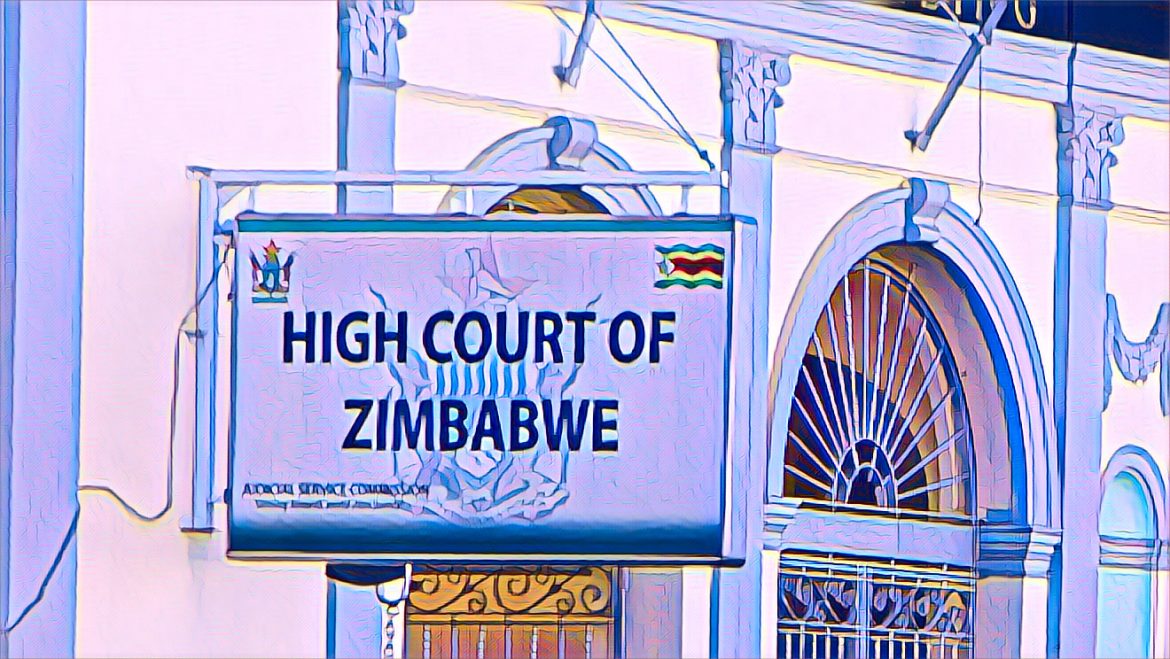A High Court judge in Zimbabwe has called for court interpreters to familiarize themselves with modern street language and slang to ensure accurate translations during legal proceedings. This recommendation came during a recent trial involving a key witness from Generation Z, whose testimony was filled with contemporary slang and expressions that proved challenging for the court’s interpreters.
The case, which centers on a high-profile criminal matter, highlighted the communication gap between the younger generation and the older, more traditional legal professionals. The witness, a crucial part of the prosecution’s case, frequently used terms and phrases typical of Zimbabwean youth, which the interpreters struggled to accurately convey in court.
Judge Alpheus Chitakunye stressed the importance of understanding and effectively translating modern slang to avoid misinterpretations that could affect the trial’s outcome. “Language is constantly evolving, and it is crucial that our court interpreters stay up-to-date with these changes,” Judge Chitakunye remarked. “Failure to do so can lead to significant misunderstandings, especially in cases where the testimony of young witnesses is critical.”
The judge’s comments reflect a growing recognition of the generational language divide and the need for the legal system to adapt to these changes. In a diverse linguistic environment like Zimbabwe, where multiple languages and dialects are spoken, the ability to accurately translate testimony is vital for the administration of justice.
Court interpreters play a pivotal role in ensuring that non-English-speaking witnesses and defendants are fairly represented and understood. However, the rapid evolution of language among younger generations, fueled by social media and popular culture, poses new challenges. Traditional training for interpreters may not sufficiently cover the nuances of modern slang, leading to potential gaps in understanding.
This issue is not unique to Zimbabwe. Courts worldwide are grappling with similar challenges as they encounter witnesses and defendants who use contemporary slang and vernacular. The push for interpreters to stay current with evolving language trends is becoming increasingly relevant in a global context.
In response to Judge Chitakunye’s call, the Judicial Service Commission (JSC) of Zimbabwe is considering implementing regular training sessions for court interpreters. These sessions would focus on contemporary slang, street language, and other modern linguistic trends. The goal is to equip interpreters with the necessary tools to accurately convey testimonies, regardless of the witness’s age or linguistic style.
“The language used by our younger generation is rich and vibrant, but it can be perplexing for those who are not familiar with it,” said an official from the JSC. “We are committed to ensuring that our interpreters are well-versed in all forms of communication used in our society today.”
Legal experts and linguists have praised the judge’s initiative, noting that it highlights an important aspect of courtroom communication that is often overlooked. “The integrity of the judicial process depends on accurate and clear communication,” said Professor Tendai Madondo, a linguistics expert at the University of Zimbabwe. “By acknowledging the importance of understanding modern slang, the judiciary is taking a significant step towards ensuring that justice is served fairly and accurately.”
As Zimbabwe continues to modernize and its youth population grows, the need for effective communication within the judicial system will become even more critical. The integration of contemporary language training for court interpreters is seen as a proactive measure to bridge the generational language gap and uphold the standards of justice.
In conclusion, Judge Chitakunye’s call to action serves as a reminder of the dynamic nature of language and the importance of adaptability within the legal system. By embracing modern slang and street language, Zimbabwe’s court interpreters can ensure that the voices of all witnesses, especially the younger generation, are accurately and fairly represented in the courtroom.
Source: newzimbabwe.com


